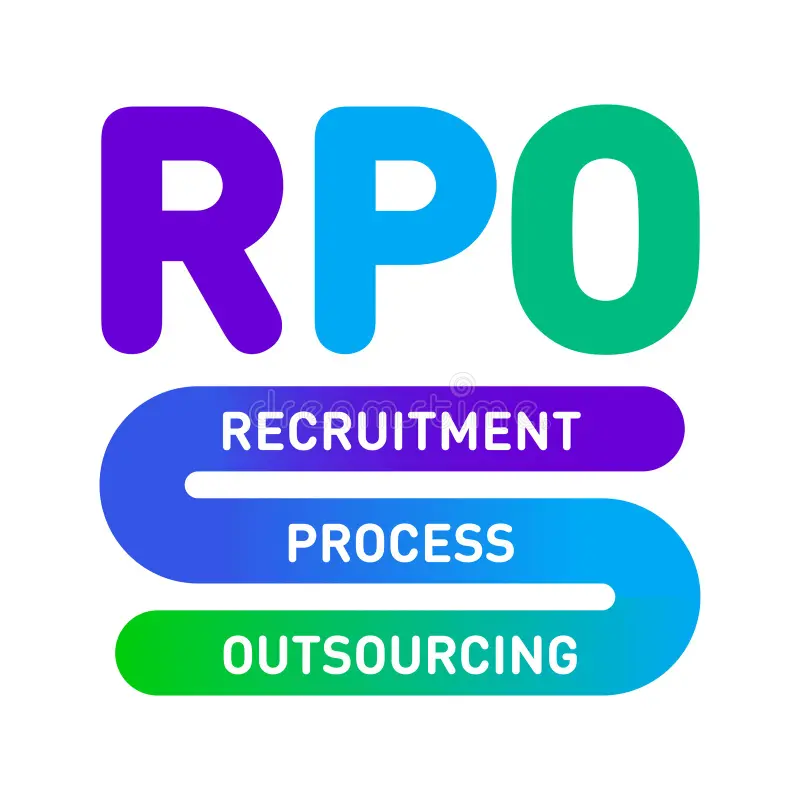Navigating the Vital Role of Healthcare Recruiters
In today's dynamic and ever-evolving healthcare industry, the demand for top-tier talent has never been greater. The task of finding, attracting, and retaining the best healthcare professionals is not only a challenging one but also a crucial aspect of ensuring quality patient care. Healthcare recruiters play a vital role in this process, acting as the bridge between healthcare organizations and skilled individuals seeking to make a difference in the field. In this blog, we explore the essential functions of healthcare recruiters and the impact they have on the healthcare sector.
The Key Role of Healthcare Recruiters
Healthcare recruiters are professionals who specialize in the recruitment of individuals for various roles within the healthcare industry. Whether it's finding a seasoned nurse, a talented physician, or an efficient hospital administrator, these experts are the linchpin of talent acquisition in healthcare organizations.
Here are some key functions healthcare recruiters perform:
Talent Sourcing: Healthcare recruiters scour the market for potential candidates by leveraging their professional networks, online platforms, and job boards. They're skilled at identifying individuals with the right qualifications, experience, and values for the specific healthcare roles they're tasked with filling.
Screening and Evaluation: One of the most critical aspects of healthcare recruitment is the assessment of a candidate's qualifications, skills, and cultural fit within the healthcare organization. Recruiters conduct thorough interviews and background checks to ensure that potential candidates meet these criteria.
Facilitating Interviews: Recruiters schedule and coordinate interviews between candidates and hiring managers or medical teams. They also prepare candidates for interviews by offering insights into the organization and the role.
Negotiation: Healthcare recruiters often serve as intermediaries during the negotiation process, helping to strike a balance between the needs and expectations of the candidate and the healthcare organization.
Onboarding Support: Once a candidate is hired, recruiters may continue to provide support by helping with the onboarding process, making the transition into the organization smoother.
The Impact of Healthcare Recruiters
The role of healthcare recruiters is far-reaching, and their impact on healthcare organizations is substantial. Here's how their work positively influences the healthcare sector:
Quality Patient Care: By ensuring that healthcare organizations have the right professionals in place, recruiters contribute directly to the quality of patient care. Skilled and experienced healthcare providers lead to better patient outcomes.
Cost-Effective Hiring: Healthcare recruiters are adept at finding top talent efficiently, which can save organizations time and resources. They also reduce the risk of costly hiring mistakes.
Adaptability: In a constantly changing healthcare landscape, recruiters are skilled at identifying candidates who are adaptable and eager to embrace new technologies, treatments, and healthcare models.
Diversity and Inclusion: Healthcare recruiters play a role in promoting diversity and inclusion in healthcare organizations by actively seeking out candidates from various backgrounds, ethnicities, and experiences.
Reducing Staffing Shortages: With healthcare workforce shortages becoming a growing concern, recruiters are instrumental in identifying and addressing staffing needs promptly.
Challenges in Healthcare Recruitment
While healthcare recruiter play an indispensable role, they also face several challenges unique to the industry:
Regulatory Changes: Healthcare is a highly regulated field, and recruiters must stay updated with ever-changing compliance and licensing requirements.
Shortages and Competition: Healthcare recruiters must contend with fierce competition for top talent, particularly in areas with significant staffing shortages.
Remote Hiring: The COVID-19 pandemic has accelerated the trend of remote work in healthcare. Healthcare recruiters must adapt to this shift and be proficient in remote interviewing and onboarding.
Candidate Burnout: Healthcare professionals often face high-stress situations and burnout risks. Recruiters need to consider these challenges when assessing candidate fit.
Conclusion
Croxrpo Healthcare recruiter are the unsung heroes of the healthcare industry, connecting passionate professionals with organizations committed to improving patient care. Their role is pivotal in addressing workforce shortages, ensuring quality care, and embracing the changing landscape of healthcare. The next time you walk into a healthcare facility and receive excellent care, remember that there's a healthcare recruiter behind the scenes, making sure the right people are in the right place to provide it. Their contribution to the healthcare industry is immeasurable, and they continue to shape its future with their dedication and expertise.


Comments
Post a Comment